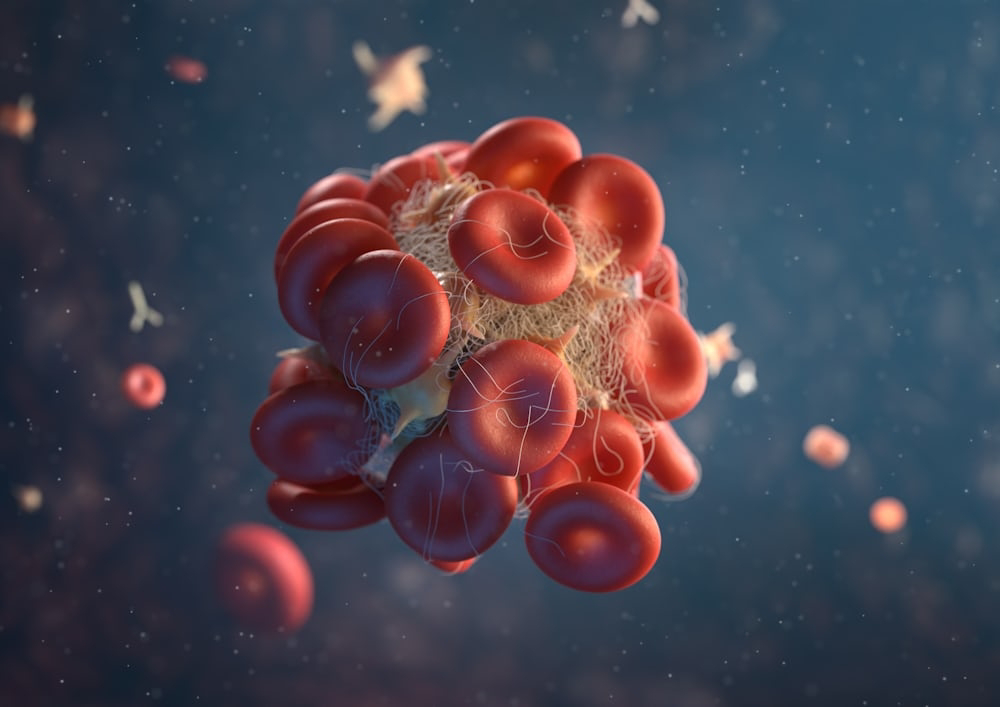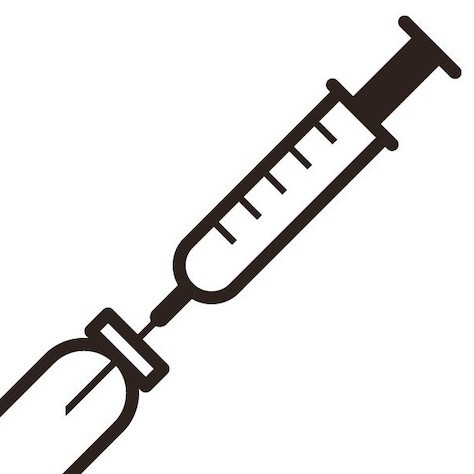20 Most Asked Questions and Answers About Testosterone Replacement Therapy (TRT)
1. What is Testosterone Replacement Therapy (TRT)?
TRT is a medical treatment aimed at boosting testosterone levels in men with low testosterone, a condition known as hypogonadism. It involves the administration of testosterone through various forms such as injections, gels, patches, or pellets.
2. Who is a candidate for TRT?
Men diagnosed with hypogonadism, where the body cannot produce adequate levels of testosterone, are candidates for TRT. A doctor will perform tests to confirm low testosterone levels before recommending therapy.
3. What are the symptoms of low testosterone?
Symptoms include fatigue, reduced libido, erectile dysfunction, loss of muscle mass, increased body fat, mood changes, and decreased bone density.
4. How is low testosterone diagnosed?
A blood test measuring total and free testosterone levels is used to diagnose low testosterone. Doctors often conduct tests in the morning when testosterone levels are highest.
5. What are the different forms of TRT?
TRT can be administered via injections, gels, patches, oral medications, or subdermal pellets. Each method has its pros and cons, and the choice depends on patient preference and medical advice.
6. How quickly does TRT work?
Patients may start to notice improvements in symptoms such as energy levels, mood, and sexual function within a few weeks. Full benefits, including muscle mass and bone density improvements, may take several months.
7. Are there side effects of TRT?
Potential side effects include acne, sleep apnea, breast enlargement, testicular shrinkage, and an increased risk of cardiovascular problems. Regular monitoring by a doctor is essential to manage these risks.
8. Can TRT cause infertility?
TRT can reduce sperm production, potentially leading to infertility. Men who wish to father children should discuss alternative treatments with their doctor.
9. Is TRT safe for long-term use?
Long-term TRT can be safe when monitored by a healthcare provider, but it may carry risks such as cardiovascular issues and prostate health concerns. Regular check-ups are crucial.
10. How often are TRT injections given?
The frequency of injections varies. Some regimens require weekly injections, while others may be administered every two to four weeks, depending on the type of testosterone used.
11. Can lifestyle changes improve testosterone levels?
Yes, lifestyle changes such as regular exercise, a healthy diet, adequate sleep, and stress reduction can help boost testosterone levels naturally.
12. Does insurance cover TRT?
Coverage varies by insurance plan. Many plans cover TRT if it’s deemed medically necessary, but patients should check with their insurance provider for specifics.
13. What should I expect during a TRT appointment?
During a TRT appointment, your doctor will review your symptoms, conduct a physical exam, and order blood tests. If TRT is prescribed, the doctor will discuss the best administration method and monitor your progress regularly.
14. Can women undergo TRT?
TRT is primarily for men, but in some cases, women with specific medical conditions might receive low doses of testosterone. This is less common and requires careful medical supervision.
15. Are there natural alternatives to TRT?
Natural alternatives include lifestyle modifications and supplements that claim to boost testosterone. However, their efficacy is not well-supported by scientific evidence, and they are not a substitute for medically supervised TRT.
16. What happens if I stop TRT suddenly?
Stopping TRT suddenly can cause a return of low testosterone symptoms. It’s important to consult with your doctor before making any changes to your treatment plan.
17. Can TRT improve mental health?
TRT can improve mood, energy levels, and cognitive function in men with low testosterone, potentially alleviating symptoms of depression and anxiety.
18. Will TRT help with weight loss?
TRT can help increase muscle mass and reduce body fat, potentially aiding in weight loss when combined with a healthy diet and exercise regimen.
19. How does TRT affect cardiovascular health?
There is ongoing debate about TRT's impact on cardiovascular health. Some studies suggest an increased risk of heart problems, while others indicate potential benefits. Regular monitoring by a healthcare provider is essential.
20. Is TRT a lifelong treatment?
For many men, TRT is a lifelong commitment, especially if the underlying cause of low testosterone cannot be corrected. Regular follow-ups with a healthcare provider are crucial to manage treatment effectively.
Testosterone Replacement Therapy can be a transformative treatment for men with low testosterone, significantly improving quality of life. However, it requires careful consideration and regular medical supervision to ensure safety and effectiveness. Always consult with a healthcare professional before starting or changing any treatment plan.





Comments
Post a Comment